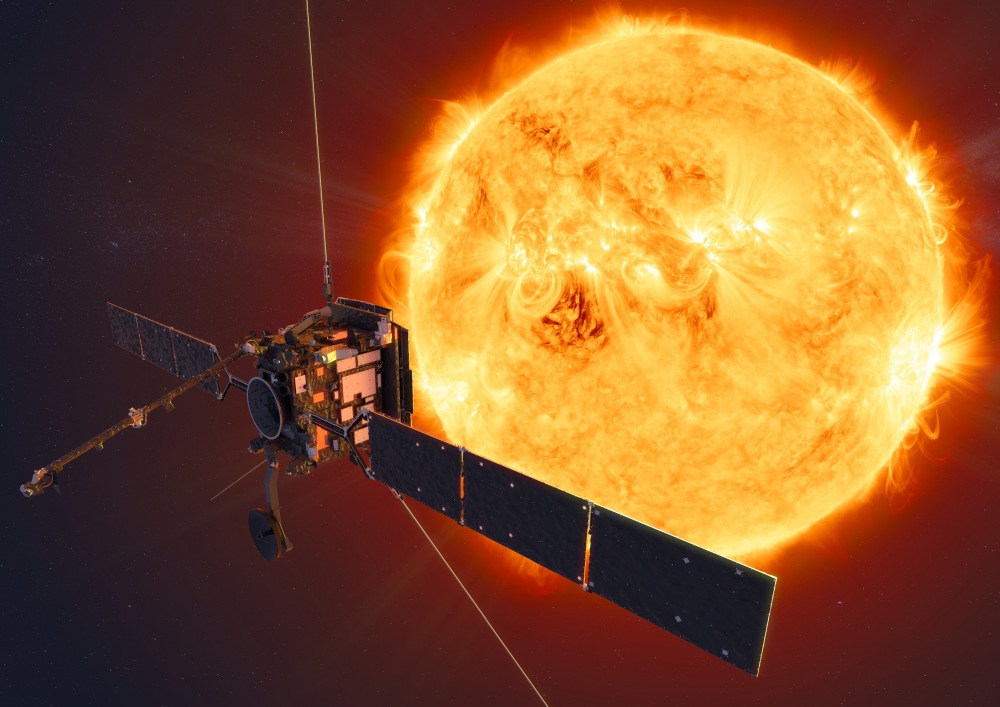
Student: Ijaz Samia
Supervisor: RNDr. Jakub Vaverka, Ph.D.
Status: Assigned
Abstract:
The investigation of dust grains in space is limited by a small number of dedicated dust detectors that provide complex information (charge, velocity, mass) about registered dust impacts. A complementary method for dust detection could be to use electric field instruments typical placed on the majority of scientific spacecraft. It has been shown that the electric field instruments are able to register dust impact onto spacecraft body as transient pulses in the measured data. This way of dust detection is de facto a by-product of electric field measurements. The main disadvantage of this method is that all aspects of signal generation and its detection are not completely explained and understood.
The main objectives of this dissertation thesis are to study pulses generated by dust impacts onto various spacecraft to improve our understanding of signals generation and detection and to study dust occurrence in various parts of our solar system.
